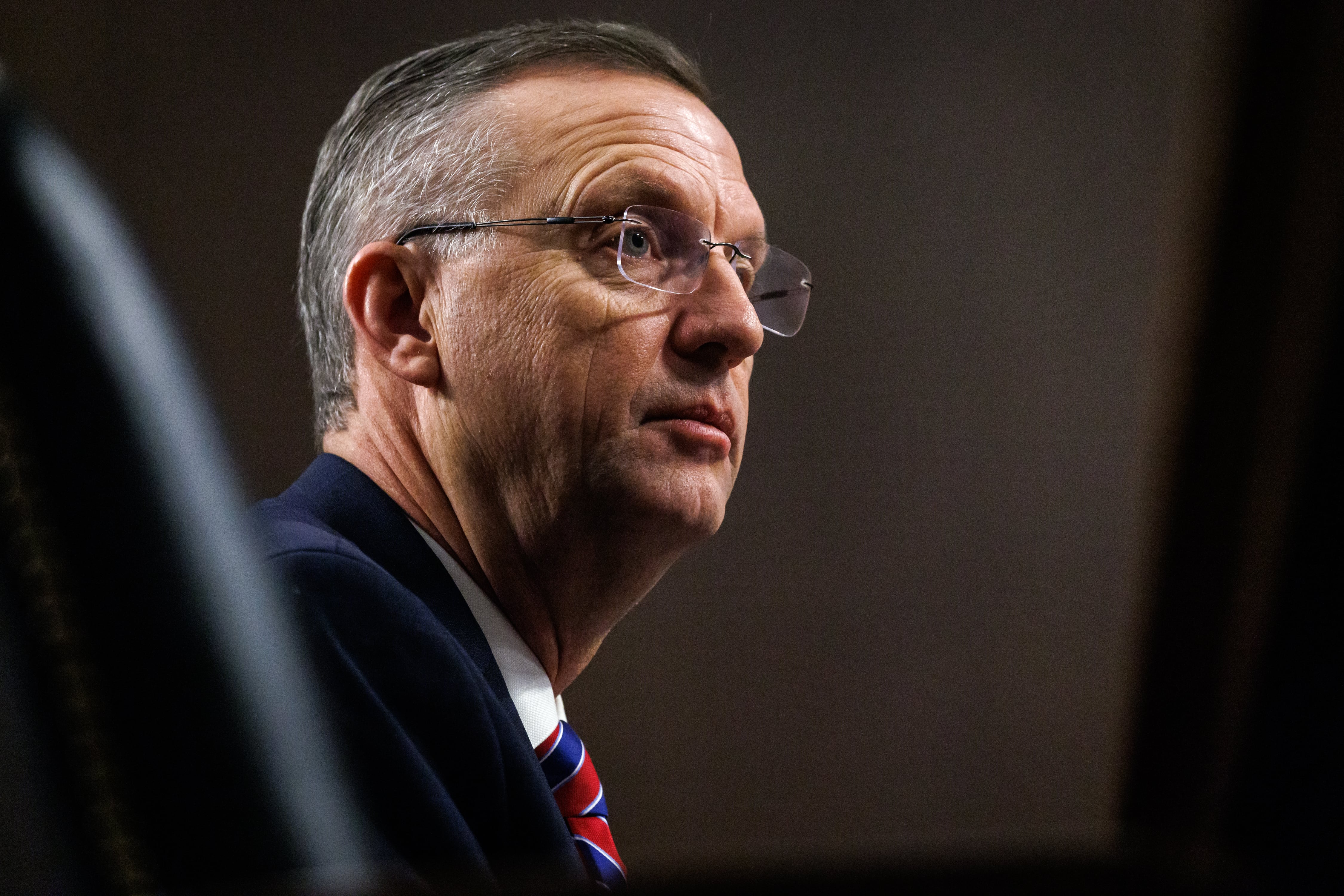The federal government’s human capital chief is stepping down, citing health concerns and a recent death in the family, the Office of Personnel Management announced Tuesday.
Kiran Ahuja, a former civil rights lawyer who was appointed by President Joe Biden in 2021 as the first South Asian American woman to lead the human resources office, will be leaving her position in early May. She is the longest serving director in more than a decade.
“Serving in the Biden-Harris Administration, and in support of the 2.2 million federal workers who dedicate themselves to the American people, has been the honor of my life,” said Ahuja in a statement.
Deputy Director Rob Shriver will assume acting duties upon her departure, said a spokesperson for the office.
Ahuja’s position has great import for the federal workforce. To address staffing crises and hiring challenges at many agencies, OPM has the authority to approve recruitment incentives and pay increases. OPM oversees the largest employee-sponsored health care program and marketplace for federal employees and their dependents. Top officials at OPM have been among several federal bodies that have influenced telework and remote work policy, especially during and after the pandemic. And it’s not just federal employees who are impacted by this office; OPM oversees federal pensions for millions of retirees and is in the process of working through a backlog of claims.
In recent weeks the agency has put forward major regulatory changes enforcing protections for the civil service in anticipation of a return of Schedule F and for recent graduate programs to rebuild the talent pipeline leading to the public sector. The office also helped support enterprise-wide recruitment under the Bipartisan Infrastructure law that led to 5,800 hires in a variety of fields.
In between headliner moments of sweeping hiring sprees or landmark human capital changes, the office also does a lot in the background to tabs on who the federal workforce is. It maintains data showing how this population morphs over time, giving the executive branch a repository of information on who it’s employing and how jobs are evolving.
RELATED

In Congress, at times Ahuja’s leadership has been questioned. Her commitment to diversity, equity, inclusion and accessibility especially took hits from conservative lawmakers in Congress, who felt these initiatives were driving partisanship in the merit-based civil service.
Republicans also probed the agency over its telework guidance, wanting it to pull a harder line against remote work in an effort to repopulate empty federal office space.
The agency is requesting $465.8 million in its fiscal 2025 budget, a 21% increase over 2023 levels.
Most recently, another cabinet-level appointee stepped down. Marcia Fudge announced her resignation from the Department of Housing and Urban Development last month.
This is a developing story. Check back for updates.
Molly Weisner is a staff reporter for Federal Times where she covers labor, policy and contracting pertaining to the government workforce. She made previous stops at USA Today and McClatchy as a digital producer, and worked at The New York Times as a copy editor. Molly majored in journalism at the University of North Carolina at Chapel Hill.





